If there's one thing Japan loves, it is economical competition. There are like 40 different ways to pay at a shop, it's absurd.
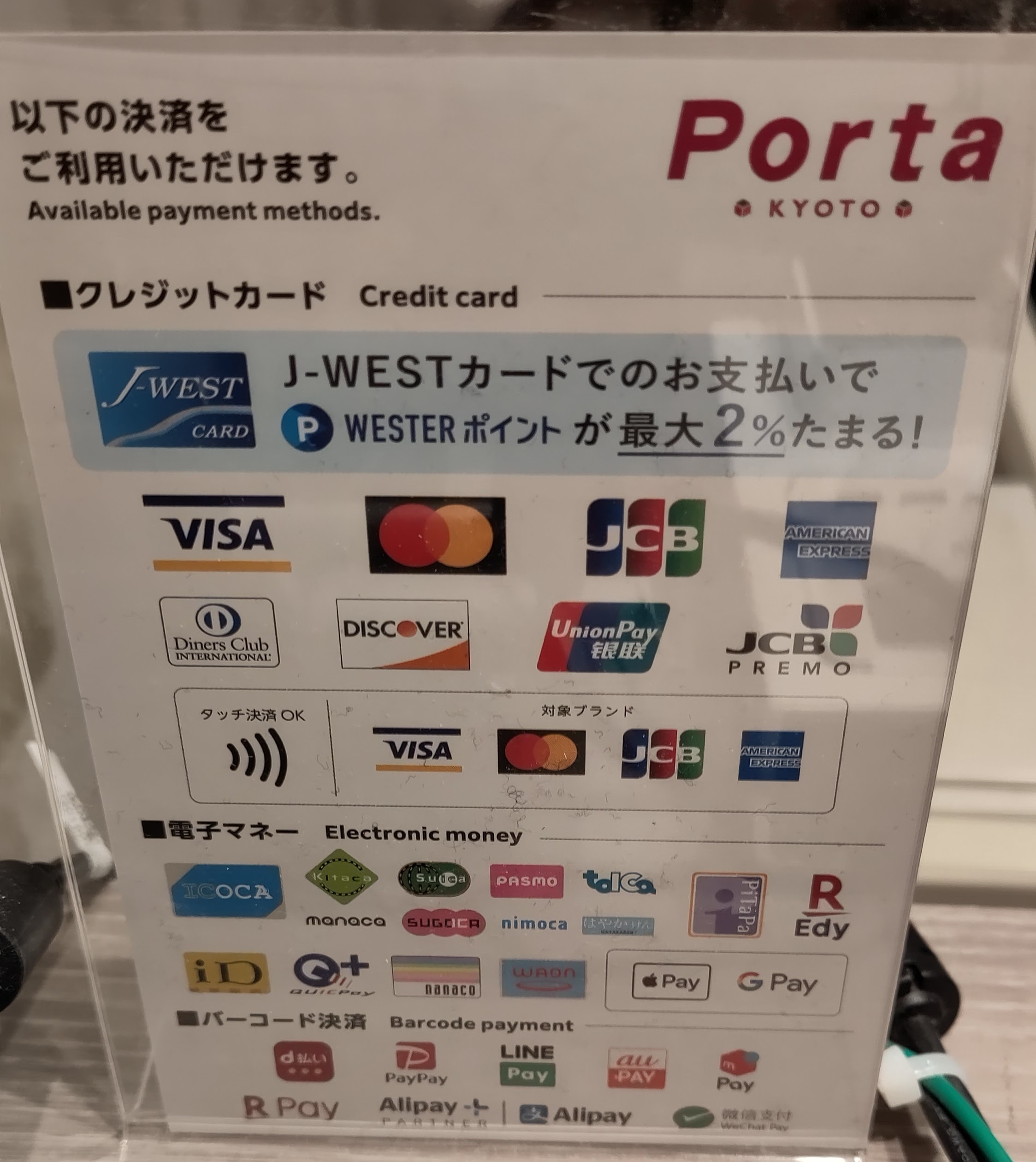
Anon is a better than average journalist, crossed multiple opinions and sources before writing their clickbait article.
The rest of the story from Wikipedia:
During the raid, Panther Mark Clark was also killed and several others were seriously wounded. In January 1970, the Cook County Coroner held an inquest; the coroner's jury concluded that Hampton's and Clark's deaths were justifiable homicides.[14][15][16][17]
A civil lawsuit for wrongful death was later filed on behalf of the survivors and the relatives of Hampton and Clark.[18] It was resolved in 1982 by a settlement of $1.85 million (equivalent to $6.03 million in 2024); the U.S. federal government, Cook County, and the City of Chicago each paid one-third to a group of nine plaintiffs. Given revelations about the illegal COINTELPRO program and documents associated with the killings, many scholars now consider Hampton's death, at age 21, a deliberate assassination at the FBI's initiative. https://en.m.wikipedia.org/wiki/Fred_Hampton
For additional context, one of the reason for the delay and cost increase was the absurdly complex design due to French and German companies trying to collaborate on a new design as Germany was turning anti-nuclear, which culminated with Germany deciding to stop nuclear energy after the Fukushima Daiichi event.
Another big reason is the knowledge loss due to almost one generation without any reactor built in between.
slowly divert my work to different people in the company
So you've been promoted to a management position.
I had a Pycharm linter with "inconsiderate writing list" flag my use of "bi" as inappropriate, recommending to use "bisexual" instead. In my data job, BI, means business intelligence, it's everywhere.
I like how it leaves in a swiggity swooty fashion.
I am quite disappointed. Given the title, I was like, wow, a generalist PC gaming website recommending people to switch to Linux! Read the article, Linux is not mentioned at all, I don't even know why it is in the title. Getting a few clicks from hippies?
Someone forbade you to make music?
As a French, the fact that no white flag was mentioned in these comments like it would have inevitably on reddit shows the quality of the chaps in here.
Or he was eating to compensate his frustration to promote software for Windows and since they made Proton, he is happy again.
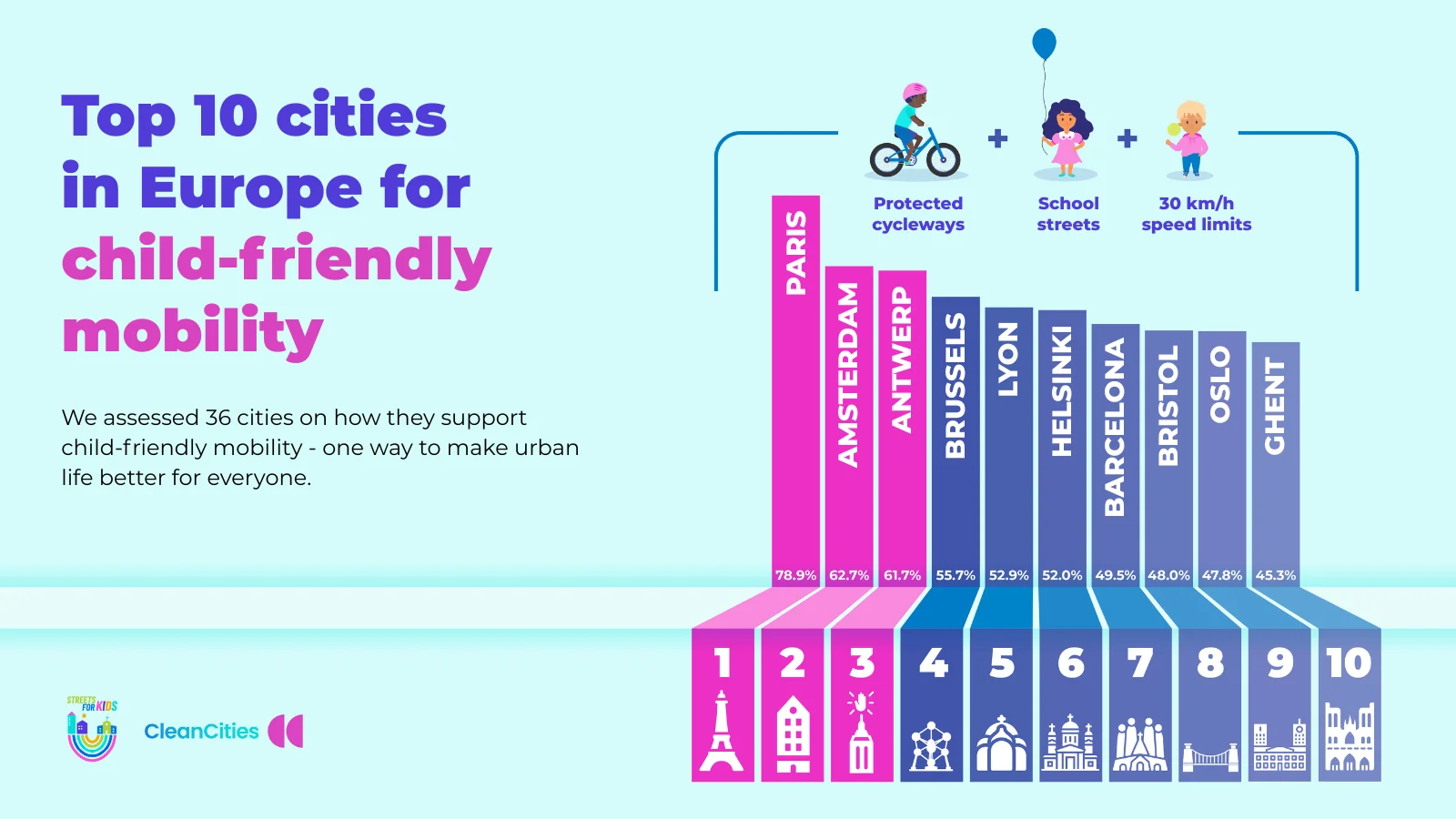
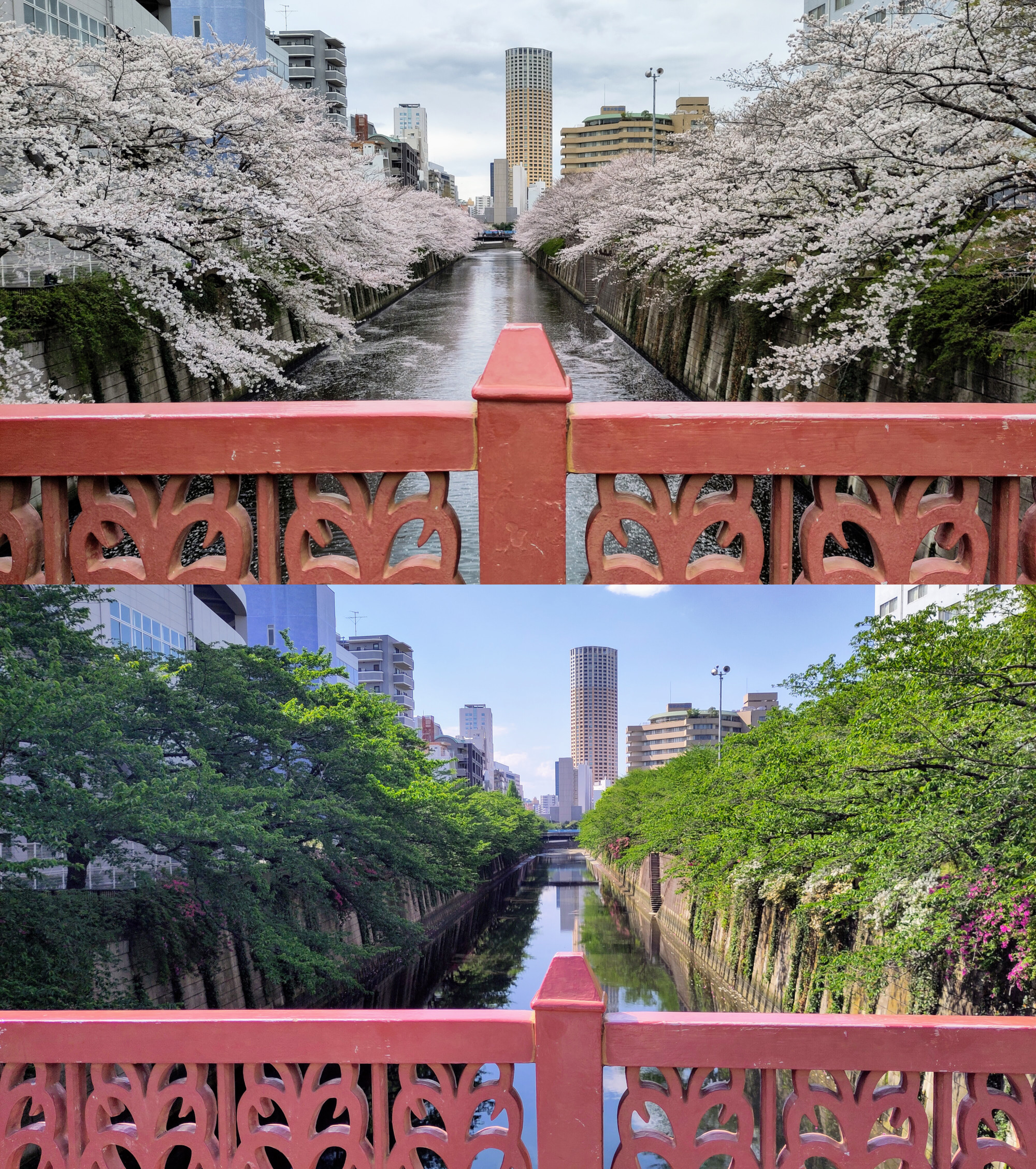
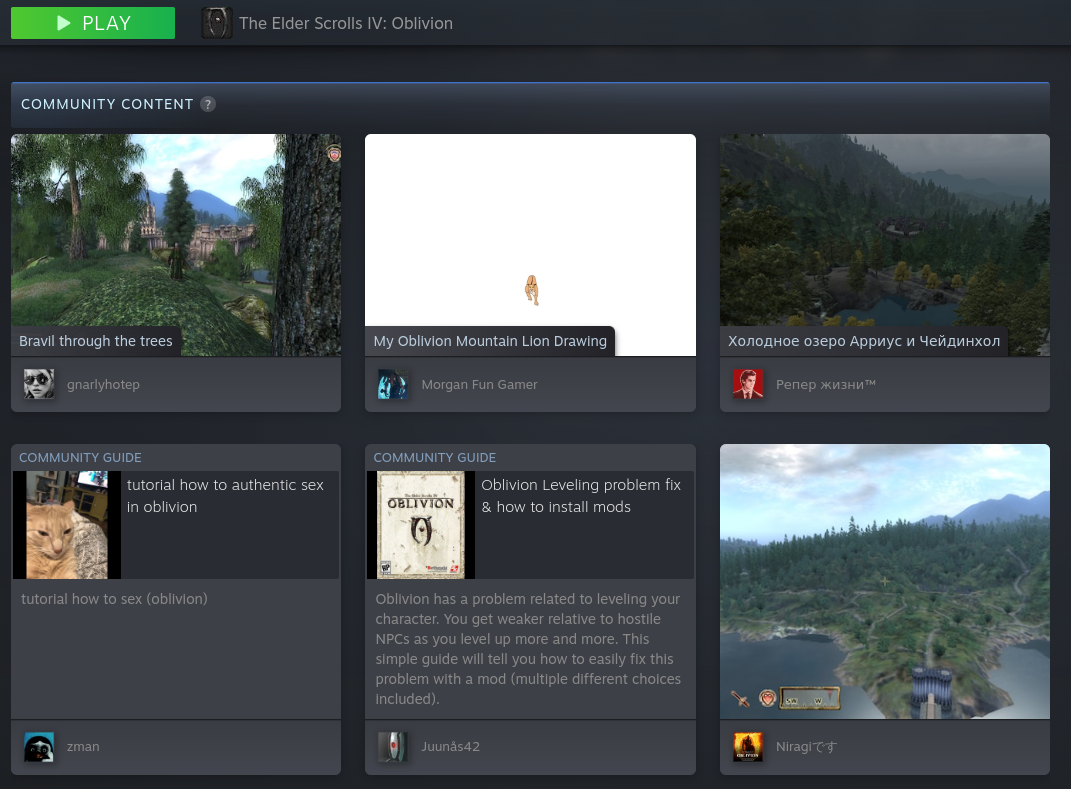

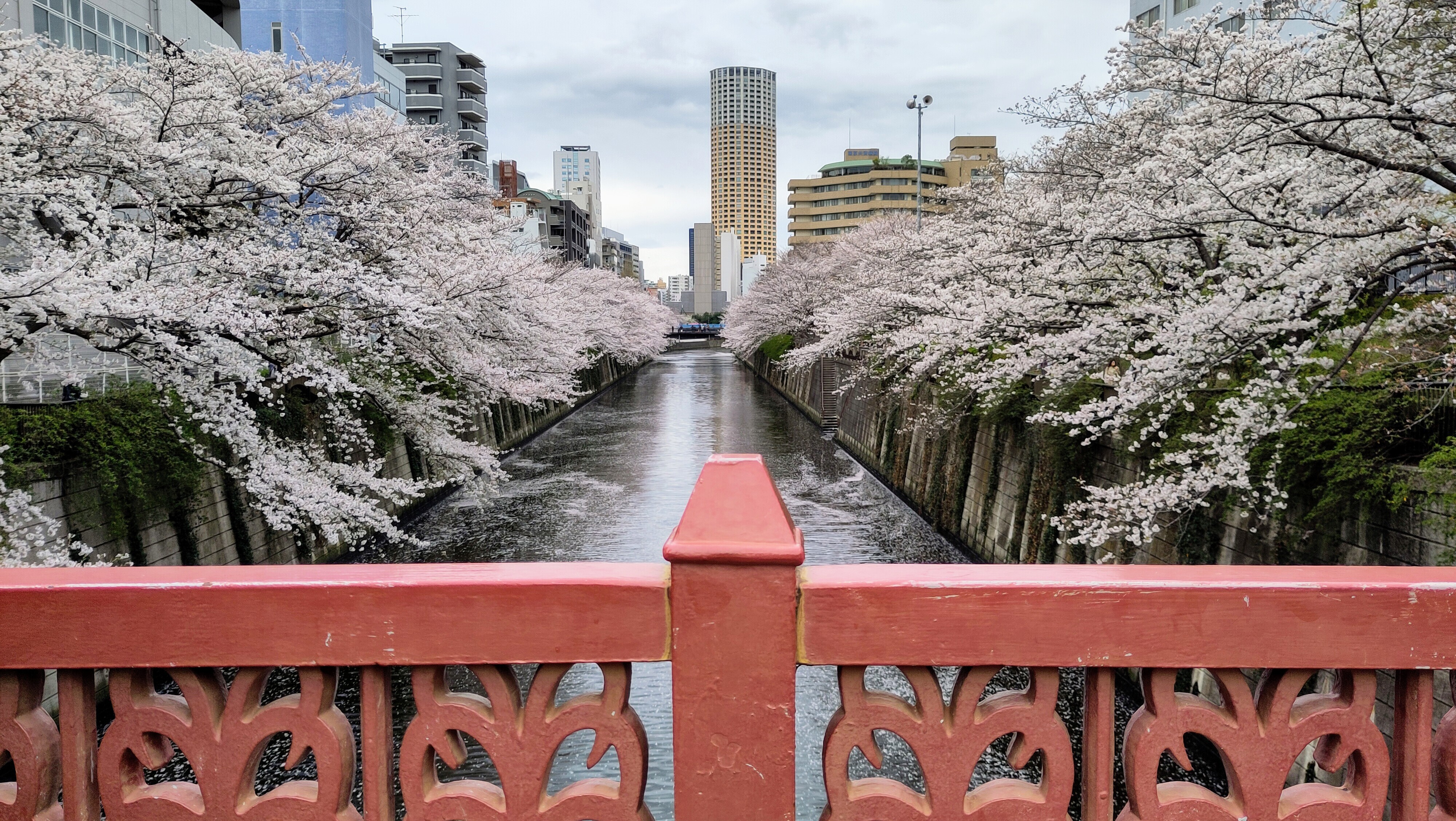
I also tried 1 long after release and couldn't get over the clunkyness and how much studying it requires to play. But I really enjoyed the 2, I even replayed it to see the other side of the story after the big branching, which is something I almost never do with games.